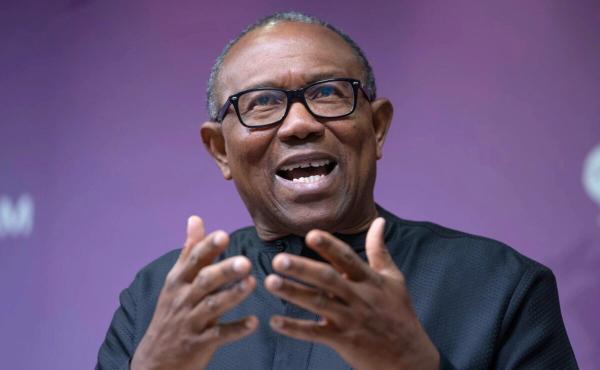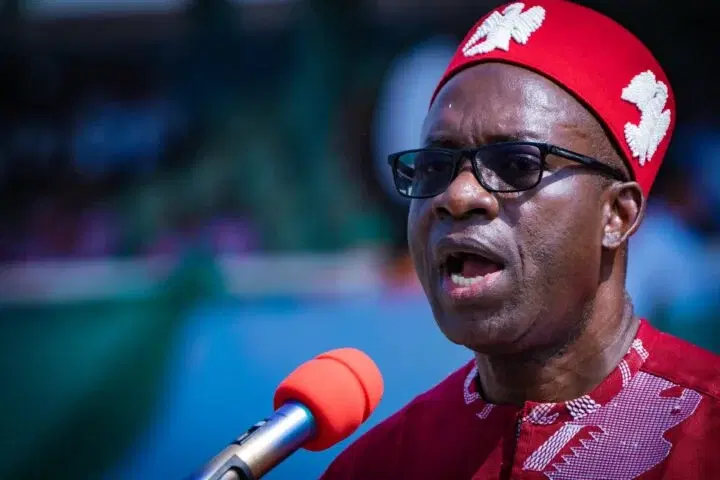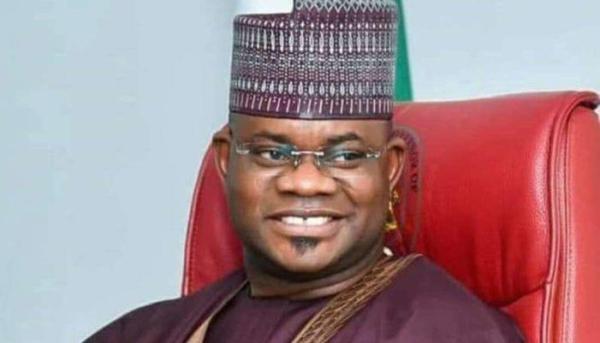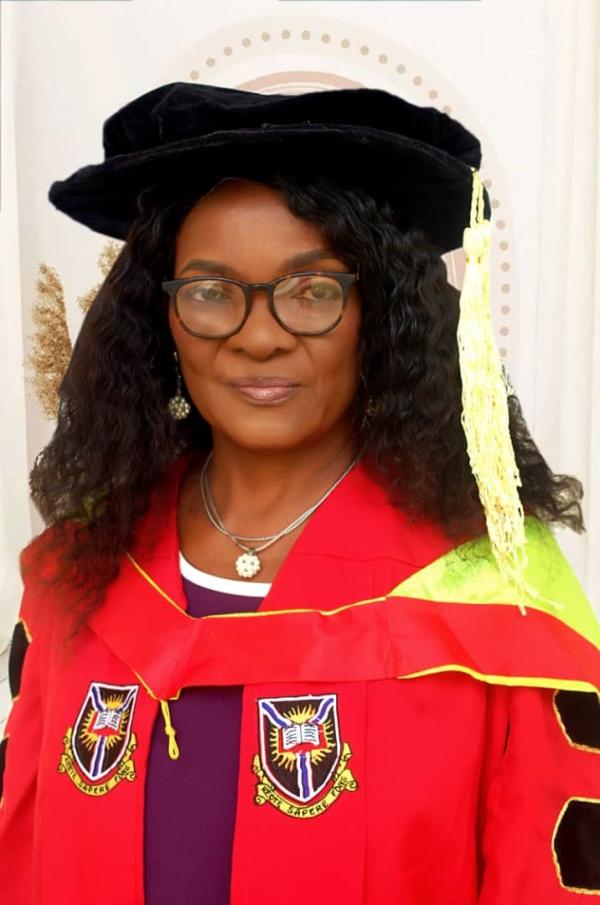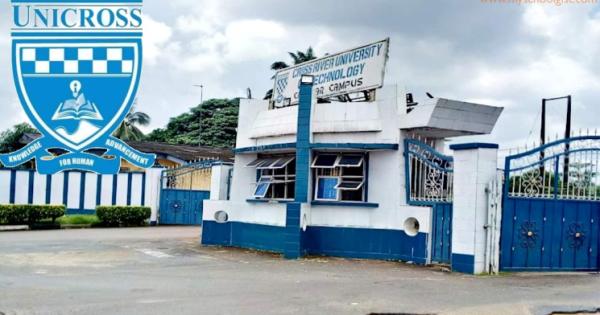On Thursday, March 6, 2025, the University of Ibadan witnessed a pivotal lecture delivered by Professor Mohammed Kuta Yahaya, a noted expert in Agricultural and Forestry.
The event, held in the prestigious Trenchard Hall, was attended by distinguished guests, including the University Vice-Chancellor, Professor K. O. Adebowale, former Osun State Governor, Ogbeni Rauf Aregbesola—representing President Muhammadu Buhari, former chairperson of the Independent National Electoral Commission, Atthairu Jega, policymakers, academics, stakeholders in agricultural rural development and members of the community.
The lecture, themed "Decolonizing Food Security for Enduring Multi-Sectoral Pathways to Poverty Mitigation in Nigeria," explored the long-standing impacts of colonial practices on Nigeria's agricultural landscape. Under the sub-theme, "Colonizing of Nigeria's Agriculture and its Consequences," Prof. Yahaya asserted that to decolonize food security requires a thorough acknowledgment of the injustices inflicted by colonialism and a commitment to implementing sustainable practices that genuinely serve the local populace.
“I want to say that the Vice Chancellor, Prof. Kayode Adebowale, is of the candid opinion that this lecture sheds light on contemporary issues and offers recommendations of value to Nigerian society at large,” said Prof. Yahaya.
He emphasized that the challenges of poverty, malnutrition, and instability in Africa are rooted in the enduring legacies of Western colonization. “Colonialism was never designed for development; it was a system built for economic exploitation. The colonial era positioned Africa as a provider of cheap raw materials and a consumer of foreign technology," he explained.
Prof. Yahaya detailed how this colonial framework has left Africa entangled in economic structures that hinder its potential. "Africa currently imports about 85% of its food," he continued. "This is a stark reminder of a time when the continent was seen only as a breadbasket for European powers, which has left us grappling with agricultural underdevelopment."
He illuminated the stark discrepancies of Africa's agricultural policies, stating that “the focus on cash crops for export over local consumption has led to severe food insecurity. We are now in a situation where Africa consumes what it does not produce and produces what it does not consume.”
Despite the critical importance of agriculture as the backbone of Nigeria's economy—accounting for substantial employment and GDP contributions—Prof. Yahaya highlighted ongoing challenges that limit farmers' decision-making capabilities and access to resources. “Food security and poverty reduction are intricately linked in Nigeria. About 70% of our population engages in agriculture, yet smallholder farmers face numerous constraints, including limited access to land, credit, and modern inputs,” he stated.
He drew attention to underlying issues exacerbating food insecurity, such as rapid population growth, environmental degradation, and inadequate governance policies. “Food security in Nigeria is not just about sufficient production; it's also about accessibility. Many rural households lack the financial resources to purchase food, leading to chronic hunger and malnutrition,” he lamented.
The statistics Prof. Yahaya presented were alarming. “By mid-2025, an estimated 33.1 million Nigerians are expected to face severe food insecurity, an increase of 7 million from the previous year, largely due to economic challenges, inflation, climate change, and insurgency," he warned.
As the event concluded, a clarion call was made for Nigerian leaders, both in politics and academia, to reassess and restructure agricultural policies, enabling self-sufficiency and resilience against the threats of food insecurity and poverty. Prof. Yahaya's compelling address underscored the urgent need for a new approach to agricultural practices that honor local needs and promote sustainable development.
With the rich natural resources available, he concluded, “It is appalling that Nigeria, despite being the largest agricultural producer in Africa and the 13th largest globally, is still grappling with poverty and hunger. Our focus must shift towards empowering local agriculture to ensure food security for all.”
This landmark lecture not only sparked vital conversations but also cast a spotlight on the pressing need for transformative approaches to food security and poverty alleviation in Nigeria.












